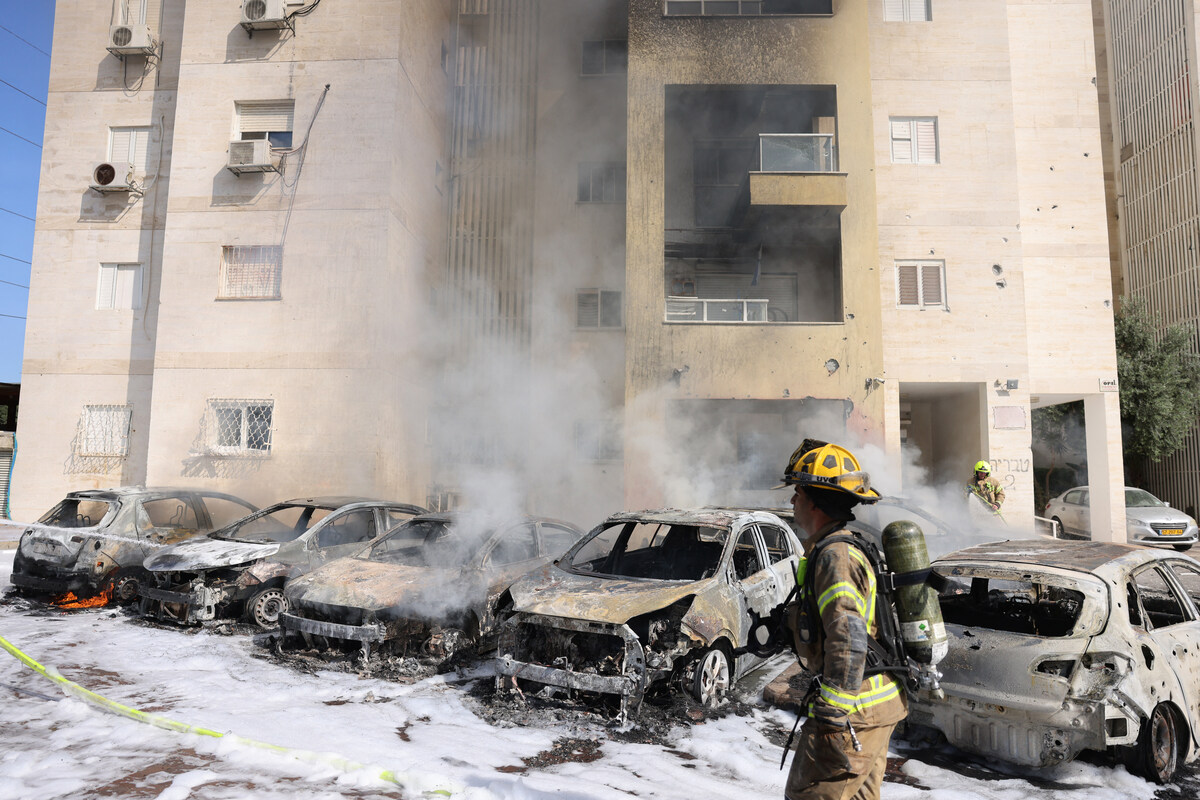Religious leaders have identified ignorance and political manipulations as the bane of intolerance and conflicts in the country.
The leaders spoke during a panel session at a grassroots sensitisation programme on Freedom of Religion and Belief (FORB) in Nigeria organised by the National Human rights Commission (NHRC) for religious leaders from Edo, Ebonyi and Osun
The programme funded by King Abdullah ibn Abdulaziz International Centre for inter-religious dialogue (KAICIID) was organized in collaboration with the Kukah Center (TKC), Nasrul-lahi-l-Fathiu Society (NASFAT).
Speaking at the event, a Muslim scholar, Alhaji Al- Ameen Alao, said, “Political manipulation exacerbates religious intolerance. Politicians sometimes exploit religious sentiments to gain power, deepening divisions.”
While calling on leaders to encourage and promote religion tolerance through dialogue for peaceful coexistence, he noted that transparent governance and policies that promote inclusivity can mitigate religion intolerance and foster a more united society.
He stressed the need for community engagement and grassroots programmes that involve religious leaders in dialogue and cooperation to build trust and understanding
Pastor Gabriel Odom, Agape Foundation, Ebonyi, said illiteracy and ignorance contribute significantly to religious intolerance and conflicts in the country.
“Individuals lacked deep understanding of their own and other religion which always lead to misconceptions and conflicts. Over 90 percent of Nigerians were religious by identification, nomenclature and not by practice hence most religious leaders had taken to unhealthy rivalry.
“Education and awareness programmes would bridge the knowledge gap, fostering mutual respect among diverse religious communities, enhance religion tolerance and social harmony.”
He lamented that political leaders had found a way to use religion as a tool to manipulate and divide the people to maintain their status and cover insincerity in whatever they do,” he said.
Earlier, FORB Project Coordinator, Hajia Halimat Oyedele, said the project was aimed at increasing the level of coexistence between adherence of all religion by addressing the existing structural limitations.
“To prevent possible future violations, the project will also focus on spreading a culture of respect through targeted awareness raising activities on Interreligious dialogue This will increase the level of tolerance of the population and, hence, the possibility for peaceful coexistence between communities”, Oyedele said.

 Join Daily Trust WhatsApp Community For Quick Access To News and Happenings Around You.
Join Daily Trust WhatsApp Community For Quick Access To News and Happenings Around You.


